


Innovation brings risk Some of the greatest threats we face come from advances in biotechnology and advanced AI systems.
Global Catastrophic Risks Fund
Our Global Catastrophic Risks Fund tackles far-future threats and takes action now to help protect every human being alive today. Donate to the Fund today and join us in supporting the world's most impactful and neglected initiatives to reduce the probability of worldwide catastrophes and mitigate their consequences.
Our objective
Stop the next global catastrophe in its tracks
We live in an era of new perils.
Humanity faces existential risks, including war between great powers, natural and engineered pandemics, thermonuclear war, threats from advanced artificial intelligence (AI), and frontier military technologies.
These global catastrophic risks have the potential to kill hundreds of millions, even billions, of people alive today.
We can come together – scientists, policymakers, engineers, military leaders, and motivated citizens – to mitigate these risks. It's happened before. During the Cold War, political leaders negotiated to reduce stockpiles of weapons of mass destruction. At the turn of the millennium, scientists tracked large asteroids and comets in Earth’s vicinity. Today, countries are working together on global preparedness for the next pandemic disease.
The Global Catastrophic Risks Fund (GCRF) tackles far-future threats and takes action now to help protect every human being alive today. We aim to:
- Reduce the probability of large-scale catastrophic events;
- Mitigate the potential negative impacts of these events if they occur;
- Improve the ability to anticipate new and emerging risks on the horizon.
Want to tackle climate change? We have an entire Fund dedicated to it.
The Global Catastrophic Risks Fund is a philanthropic co-funding vehicle that does not provide investment returns.
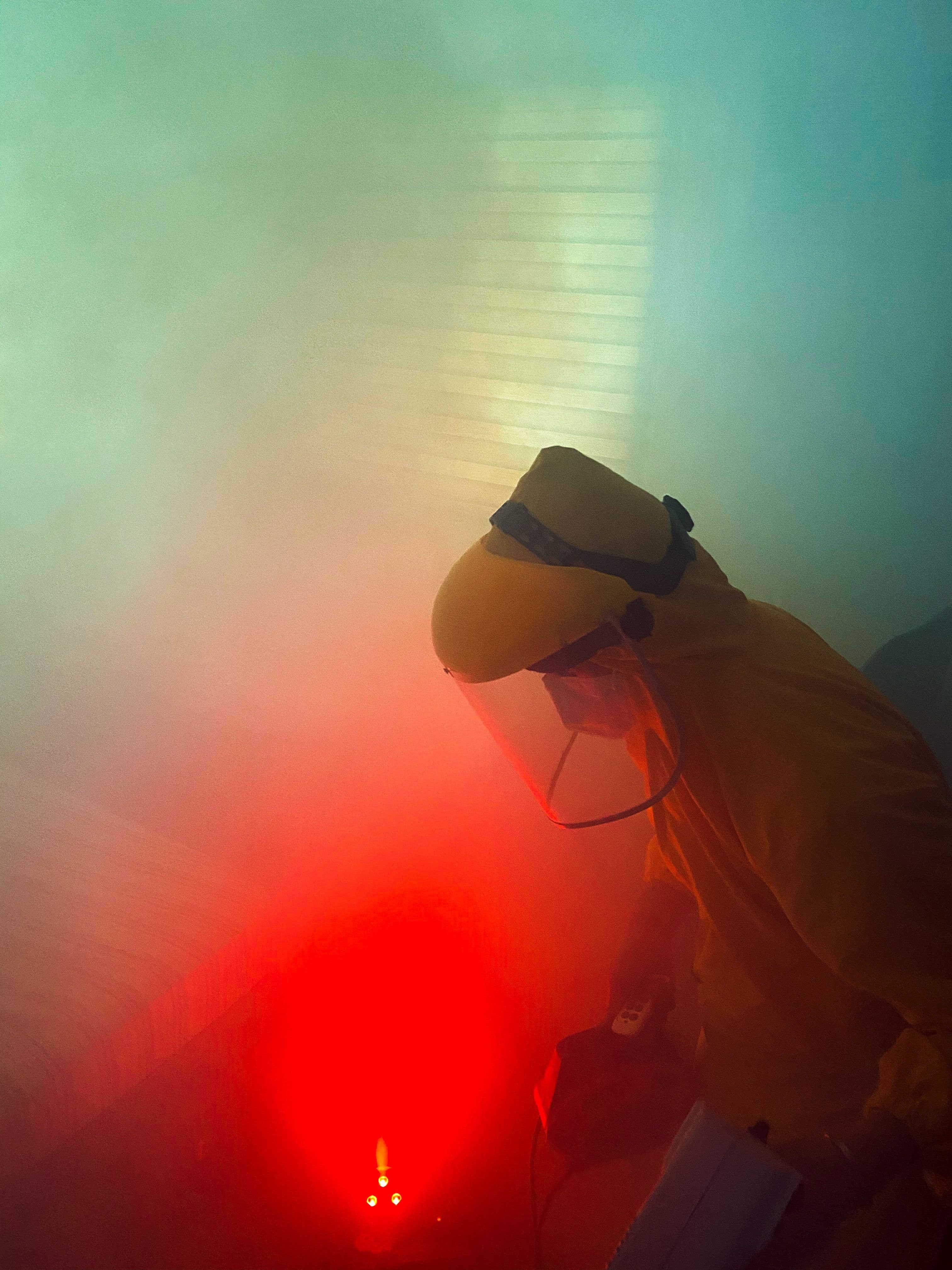
▲ Photo by Cash Macanaya on Unsplash
Explore more
Give to the GCR Fund
Donate to Global Catastrophic Risks Fund
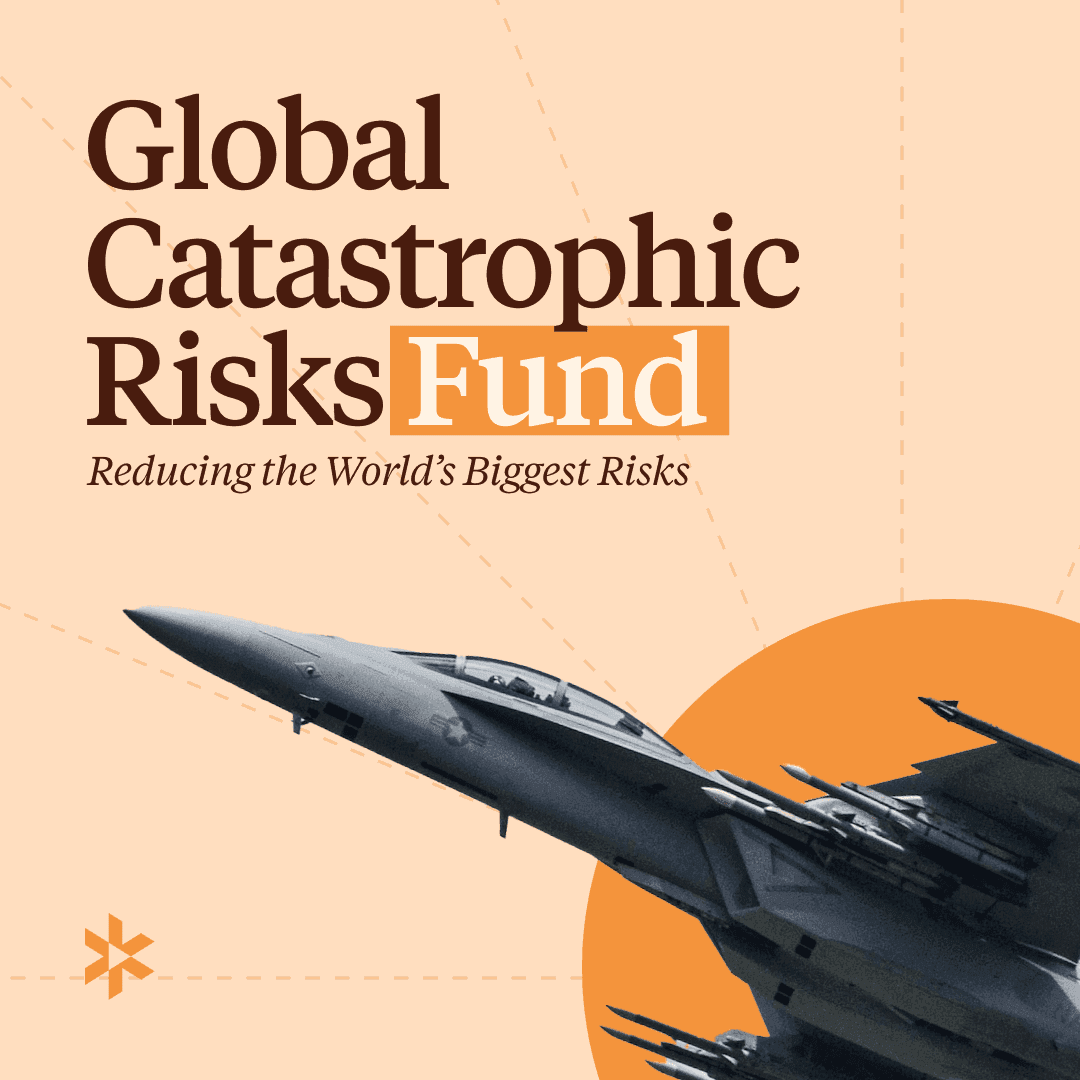
Our strategy
We find opportunities to support highly impactful and neglected initiatives to reduce the probability of worldwide catastrophes and mitigate their consequences. This is a complex mission, with an ever-changing threat landscape. We give special consideration to threats that could curtail humanity’s future, leaning towards tractable solutions today. By seeking opportunities that are neglected by other grant-makers, we can ensure that the Fund is as high-leverage as possible.
Grant-making
Our decision-making is guided by three core values: impact, innovation, and flexibility.
- To maximize impact, our grant portfolio includes both direct interventions, like funding the development of new crisis communications technology or personal protective equipment (PPE), as well as research and hits-based bets. Hits-based bets are initiatives where success is less certain, but where there is potential to improve many more lives if successful.
- We are committed to innovation, including developing new and better approaches to grantmaking, and providing seed funding for novel projects.
- We maintain flexibility to respond rapidly to emerging crises and windows of opportunity. We work with networks of domain experts, trusted partners, and government decision-makers to identify new opportunities, and deploy funds in the most effective ways.
When evaluating potential grants, we consider several factors:
- Counterfactual impact.
- Collaborating with trusted partners.
- Avoiding harm and information hazards.
- Filling funding gaps.
- Organizational strength.
- Seizing time-sensitive opportunities and policy windows.
We accept and review requests for funding. Learn more and apply here.
Direct and co-funded grants
Supporting a one-year project on war termination, including research and advocacy on command and control system changes, risk mitigation policies, the potential effects of advanced AI agents and AI-enabled negotiations, and more.
Funding work to upgrade and incorporate advanced artificial intelligence into ACONA's arms control negotiation curriculum, highlighting key considerations and risks around rapid progress to AGI as they relate to arms control.
Launching a new strategic diplomatic dialogue between the United States, Russia, and China on on nuclear weapons and other topics relevant to global catastrophic risks.
Advised grants
These grants have been identified, evaluated and advised on by Fund Managers; resources were deployed by external philanthropists through their giving infrastructure, separately from the Fund.
To launch Project "Averting Armageddon"
Seed funding to launch the organization
For the U.S.-China Strategic Nuclear Dialogues
Prevent the most severe global catastrophes
Donate Now
Founders Pledge members
Contribute through your Donor Advised Fund (DAF) easily through the member app. Don’t have a DAF or want to discuss your options? Reach out to giving@founderspledge.com.
Not a member?
Contribute through Every.org or Giving What We Can. You can also contribute from any Donor Advised Fund; for details, reach out to giving@founderspledge.com.
Our impact
Meet the Fund Manager
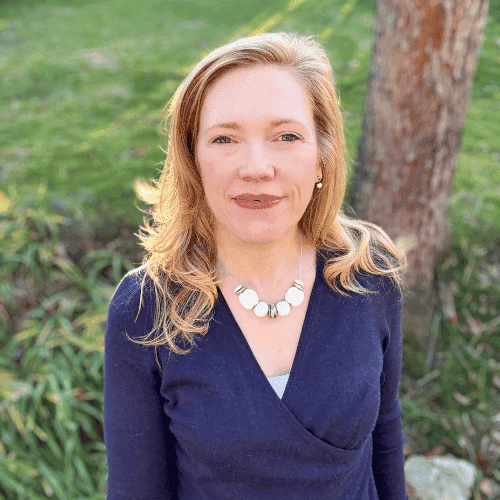
Libbie Prescott
Global Catastrophic Risk Lead
Libbie Prescott is the Cause Lead for Global Catastrophic Risk at Founders Pledge overseeing the GCR Fund. She brings scientific training and policy experience at the intersection of emerging technologies and global governance, spanning three US government agencies, Capitol Hill, and civil society.
Libbie has served as a US diplomat, faculty member at Georgetown’s School of Foreign Service, and program director at the US National Academies. She earned her doctorate in molecular biology from the University of Oxford, Balliol College and a degree with high honors in Economics and Molecular Cell Biology from UC Berkeley.
Outside of work she tends to plants, attempts to interpret her cats, and scuba dives at any opportunity.
Learn More
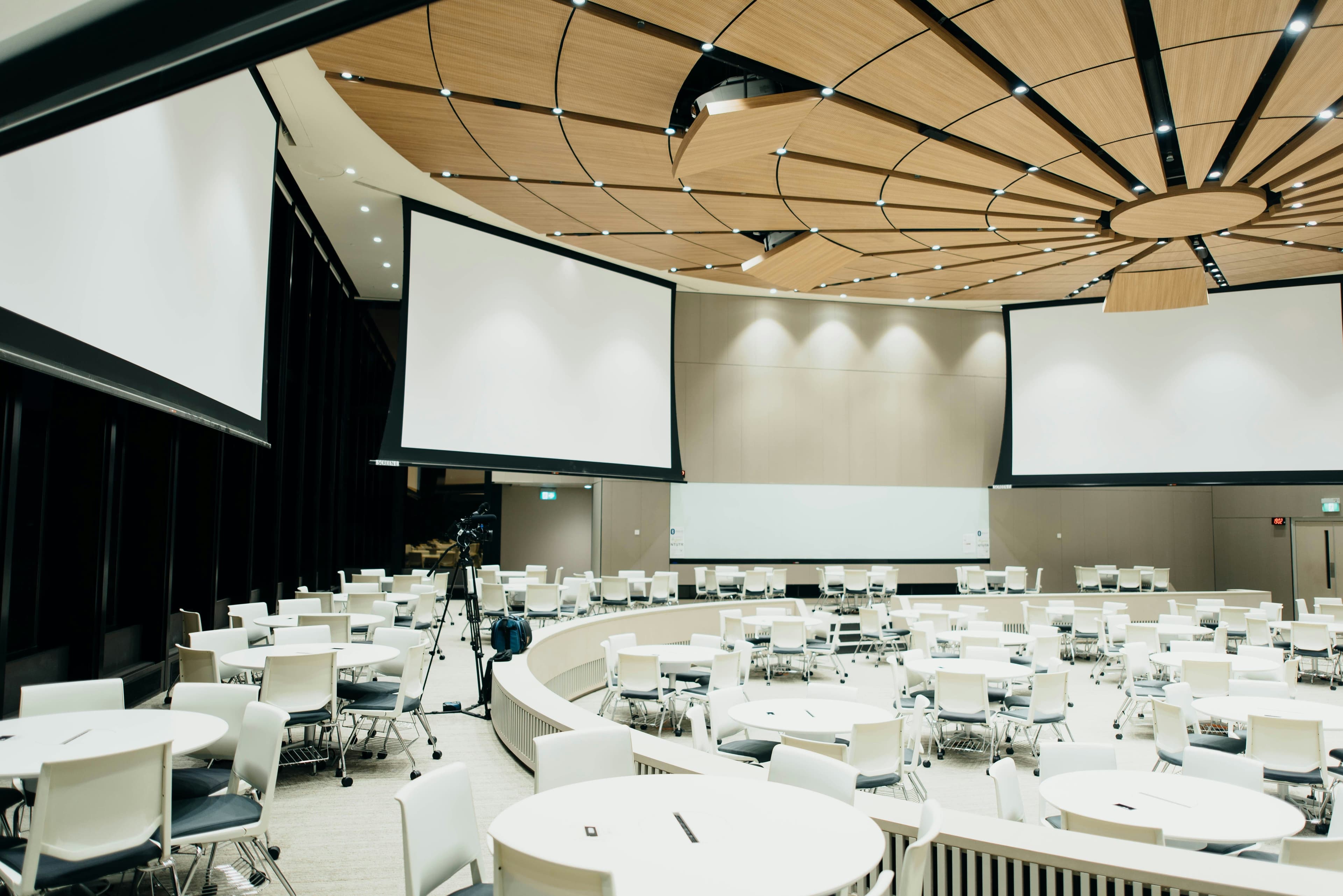
Theories of Change for Track 2 Diplomacy

New research and recommendations on Advanced AI
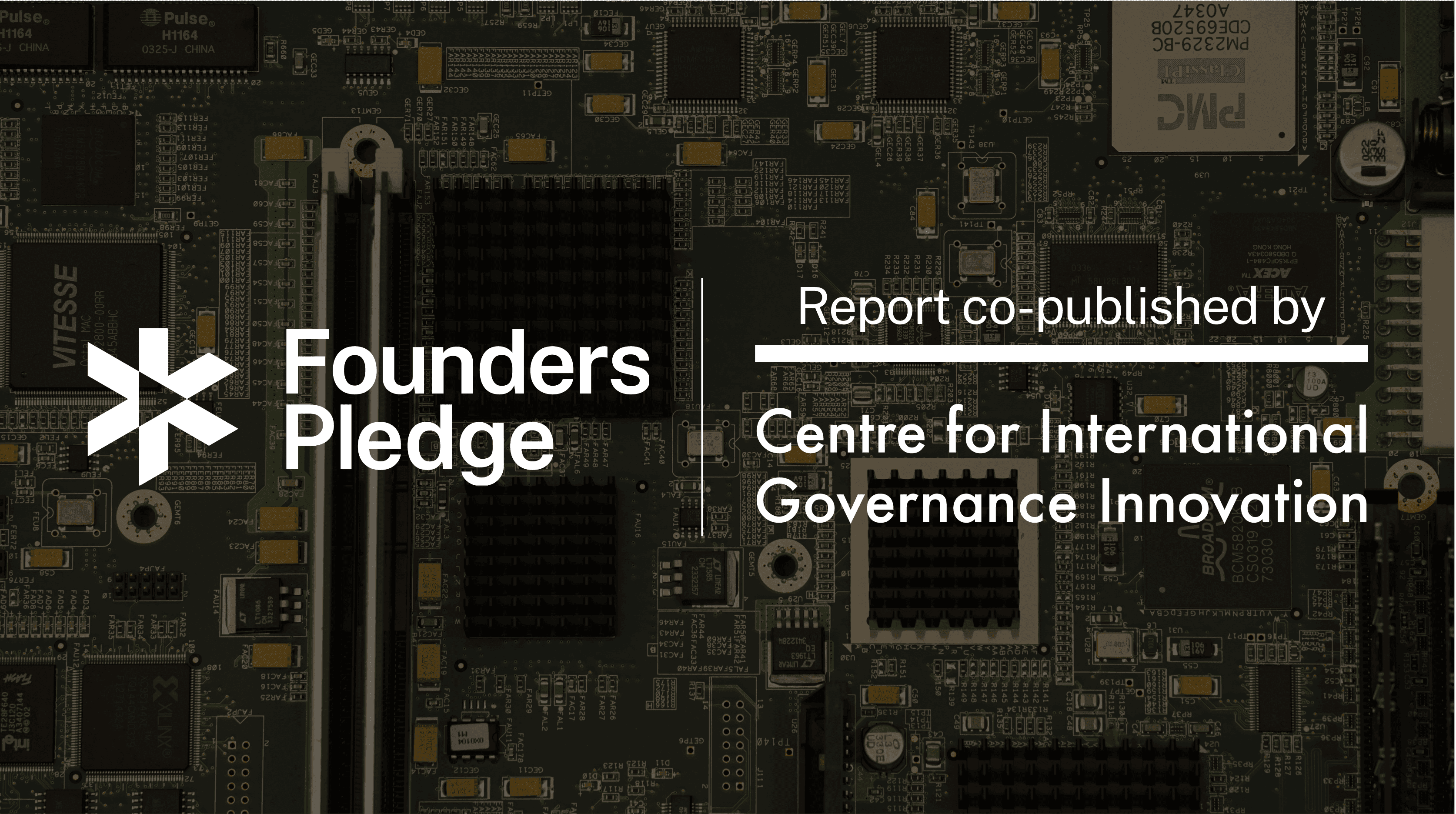
Great power competition and transformative technologies report
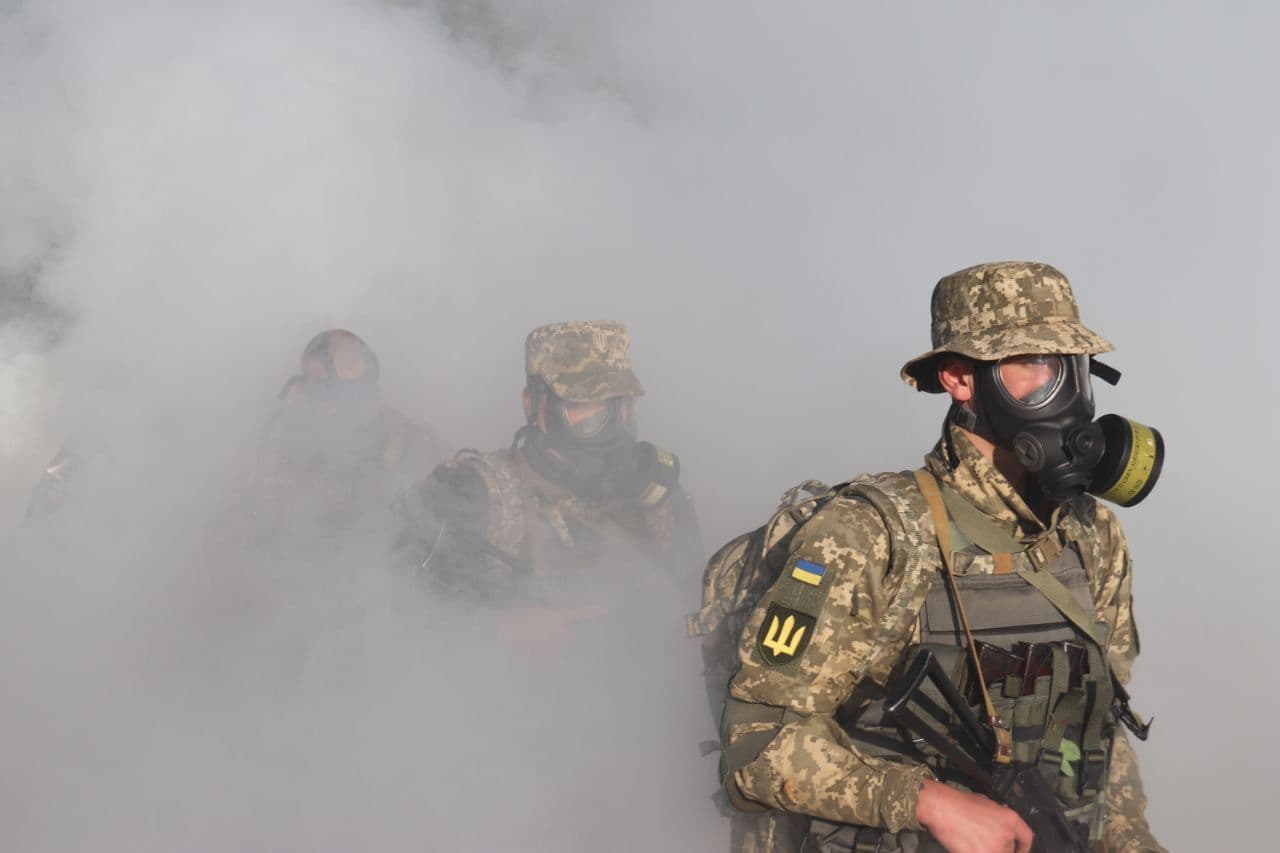
Global Catastrophic Biological Risks: A guide for Philanthropists
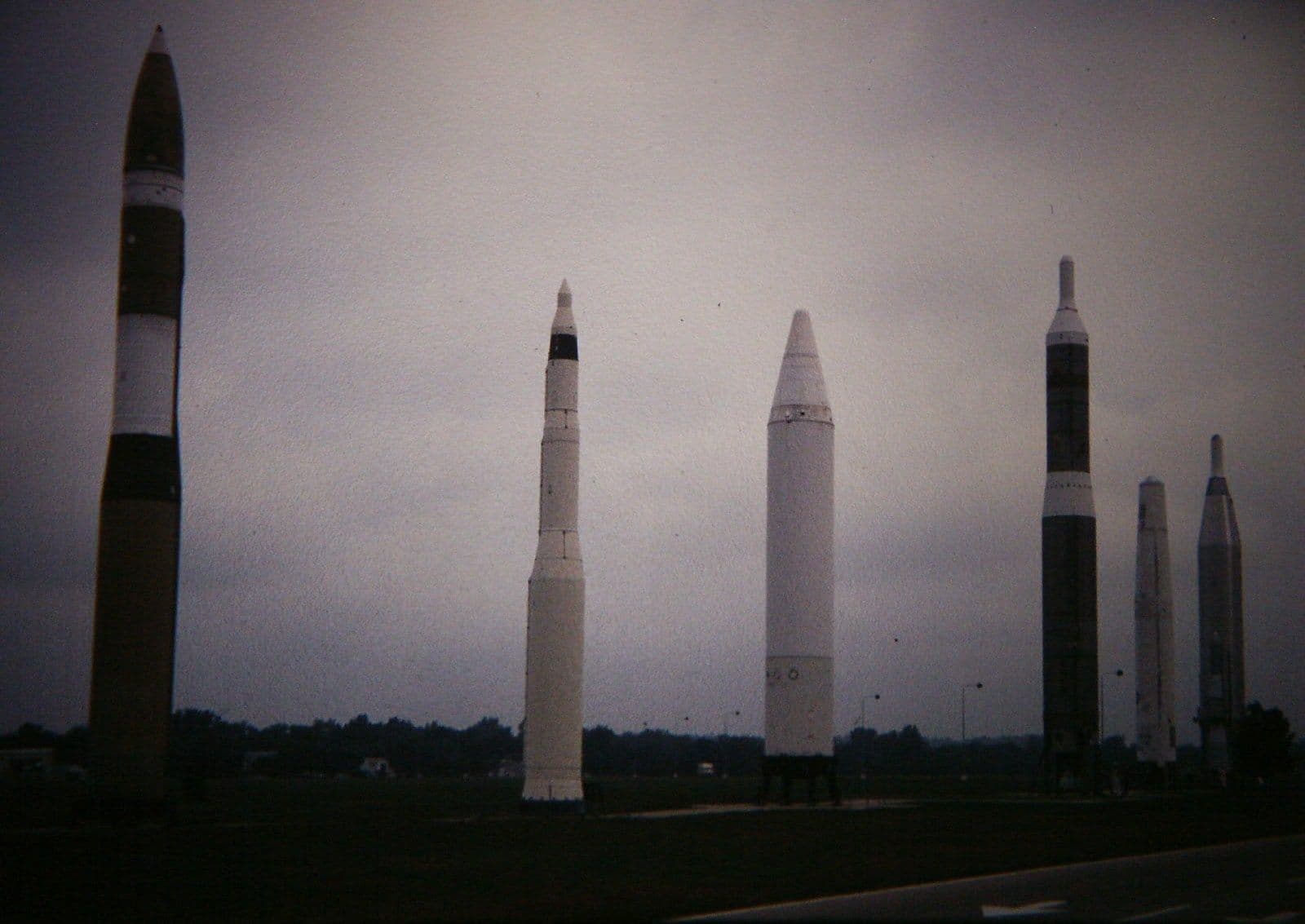
Global Catastrophic Nuclear Risk: A guide for philanthropists
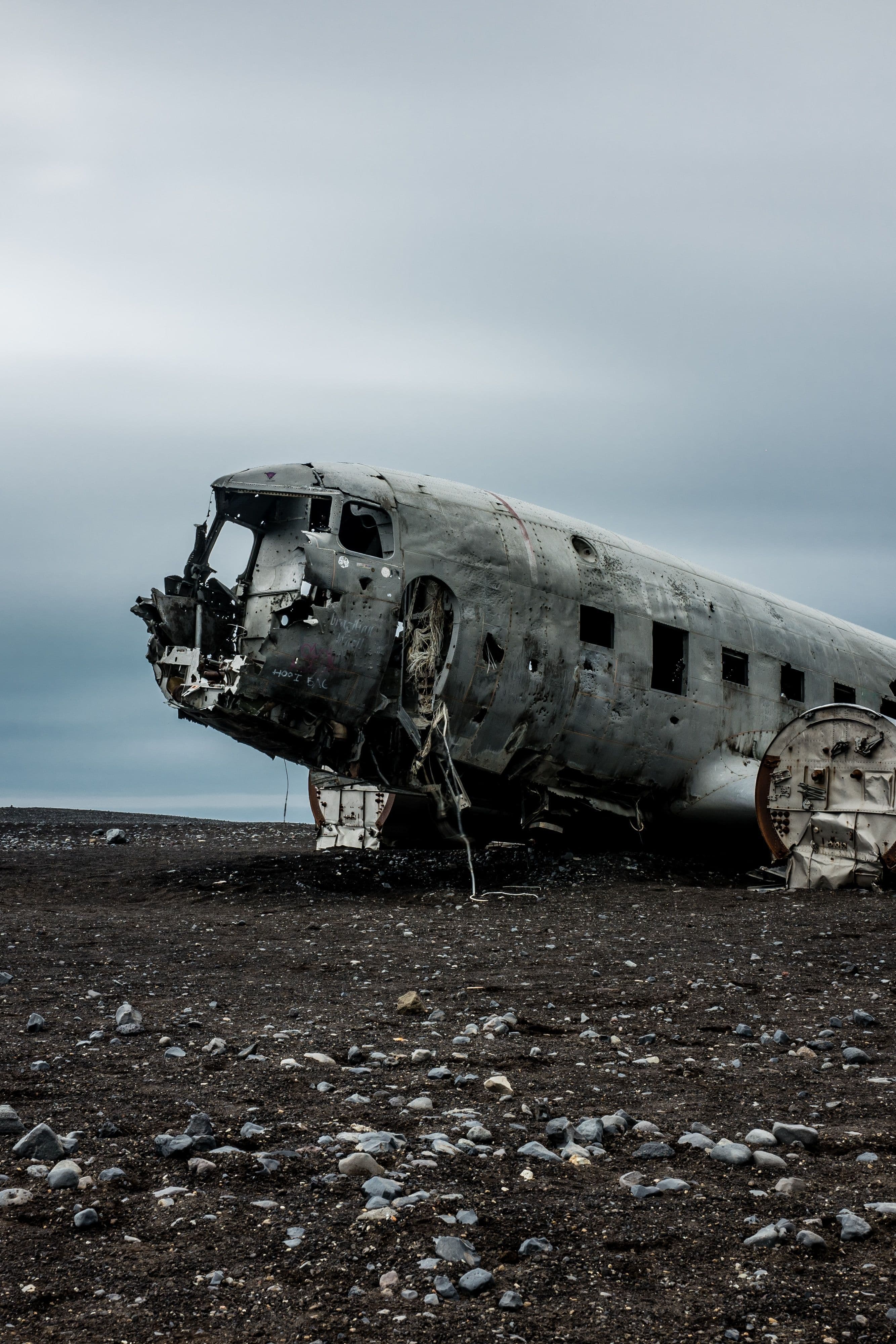
Great power conflict report
